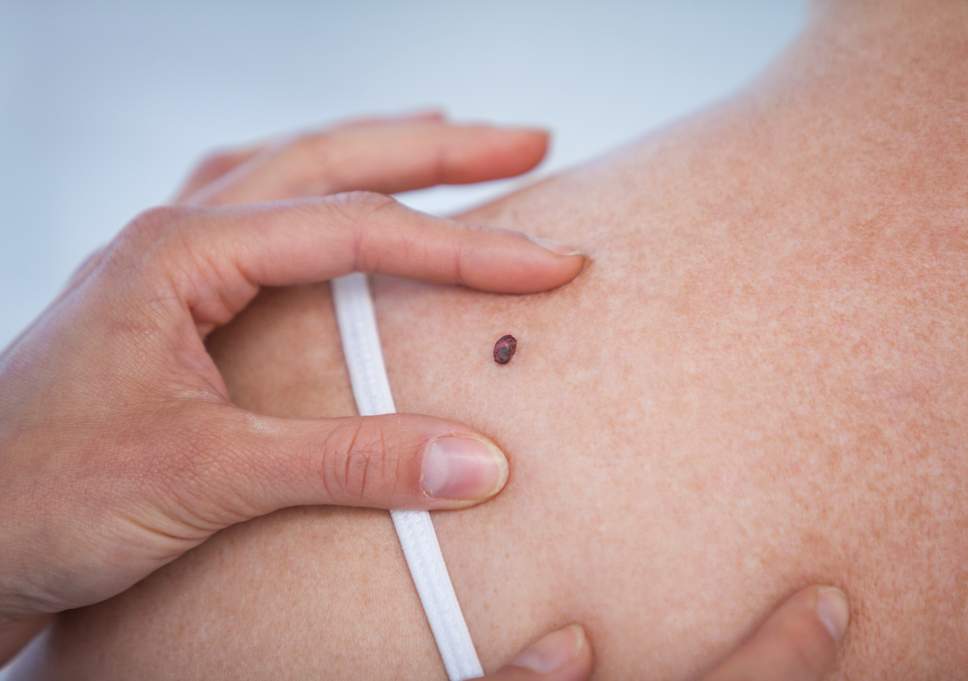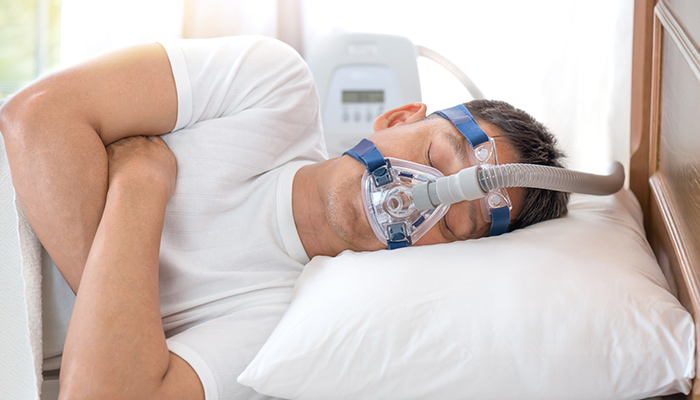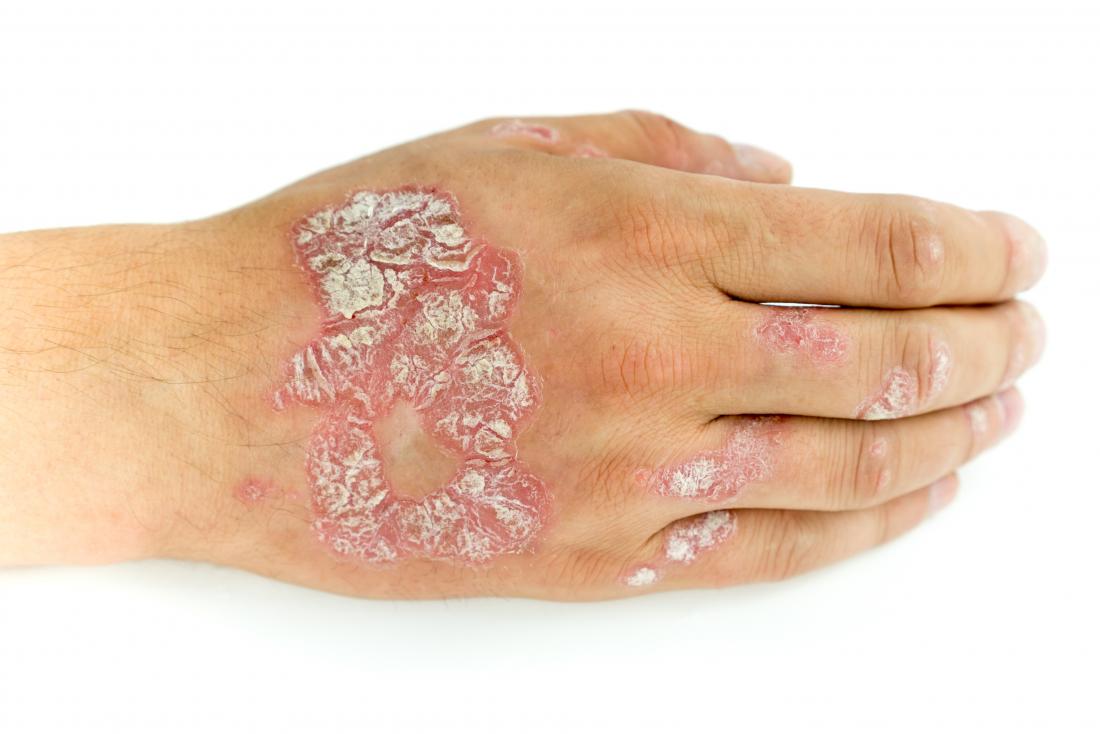In an ongoing study exploring walking for health across the adult lifespan, University of Massachusetts Amherst kinesiology researchers found that walking cadence is a reliable measure of exercise intensity and set simple steps-per-minute guidelines for moderate and vigorous intensity. Catrine Tudor-Locke, professor of kinesiology, and postdoctoral researchers Elroy Aguiar and Scott Ducharme concluded that for adults, age 21-40, walking about 100 steps per minute constitutes moderate intensity, while vigorous walking begins at about 130 steps per minute. The research, published this month in the International Journal of Behavioral Nutrition and Physical…
Read MoreCategory: Health
Unraveling the genetic causes of skin cancer
Skin cancer is on the rise in the United States. Squamous cell carcinoma, the second most common form of cancer in the U.S., has the highest mortality rate of all non-melanoma skin cancers. In roughly two to five percent of patients, the disease will metastasize and spread throughout the body, making it difficult to treat. American University Associate Professor of Biology Katie DeCicco-Skinner and her colleagues are helping to identify the genetic factors that lead to squamous cell carcinoma. In a new paper, they show how the interaction between a…
Read MoreSleep apnea creates gaps in life memories
People with sleep apnea struggle to remember details of memories from their own lives, potentially making them vulnerable to depression, new research has shown. Estimated to affect more than 936 million people worldwide, obstructive sleep apnea (OSA) is a serious condition that occurs when a person’s breathing is interrupted during sleep. People with OSA are known to suffer memory problems and also have higher rates of depression but it is not well understood how these issues are connected with the development of the disease. The new study led by RMIT…
Read MoreNo sweat? That’s an issue for home-schooled children
Parents who home-school their children may think putting them into organized sports and physical activities keeps them fit, but Rice University researchers say young people need more. Faculty at the Rice Department of Kinesiology studied data gathered from 100 home-schooled children age 10-17 to back up their assumption that such activities are sufficient to keep children physically fit. The data, however, proved them wrong. The Rice researchers’ results are available in an open-access paper in the Journal of Functional Morphology and Kinesiology. Laura Kabiri, a sports medicine lecturer at Rice, said…
Read MoreMolecule discovery holds promise for gene therapies for psoriasis
The protein is a fragment of a larger molecule, called JARID2, which was previously believed to only be present in the developing embryo, where it coordinates the formation of tissues and organs. However researchers led by Dr Aditi Kanhere from the University of Birmingham’s School of Biosciences found a shortened form of JARID2 in adult skin cells, and they showed it is responsible for ensuring these skin cells ‘differentiate’ (become a more specialised cell type). They dubbed the newly discovered protein ΔN‐JARID2. The significance of this finding was immediately recognised…
Read More




